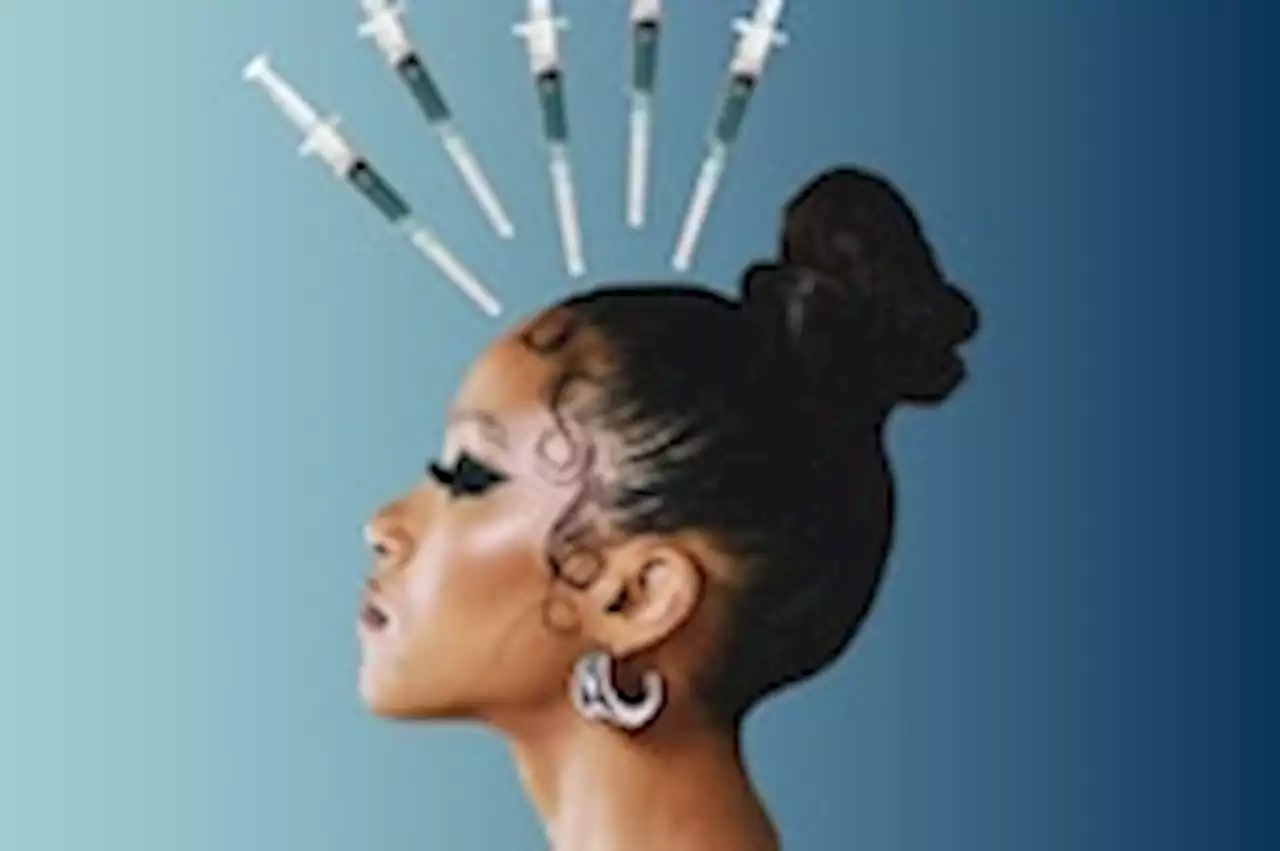Researchers who hold at least three grants from the NIH make up a growing portion of its grantees, according to a new study. White men predominate among these “super” PIs, with women and Black researchers much less likely to be part of this elite group.
Researchers who hold at least three grants from the National Institutes of Health make up a growing portion of its grantees, according to a new study. White men predominate among these “super” principal investigators , with women and Black researchers much less likely to be part of this elite group.
The trends are “concerning” both because of the concentration of resources in a relatively small number of labs and because of the inequities they reflect, say the authors of a. Others agree. “A more level playing field where there were fewer superwealthy PIs would allow more excellent scientists to stay funded,” says University of North Carolina, Chapel Hill, cell biologist Mark Peifer, who has supported capping the amount of NIH support allotted to individual investigators.
The new study, led by physician and health equity researcher Dowin Boatright of New York University’s Grossman School of Medicine, analyzed grant data for the nearly 34,000 investigators NIH funded in 2020, homing in on the 11.3%—nearly 4000—who held three or more grants, totaling a median of $1.3 million per grantee. The relative size of this group has tripled since 1991, when only about 3.7% of the then-18,820 investigators had three grants or more.
Also troubling are the demographics of these super-PIs. White men, who made up 64.7% of all investigators, were overrepresented, accounting for 73.4% of the super-PIs. Black researchers made up 1.8% of all investigators but just 0.9% of elite PIs. Black women were one-third as likely to be an elite PI as white men; just 12 Black women held at least three grants. in the past couple of years.
United States Latest News, United States Headlines
Similar News:You can also read news stories similar to this one that we have collected from other news sources.
 Black Women Say Products for Black Hair Are Dangerously ToxicBlack Women Say Products for Black Hair Are Dangerously Toxic—Why Are We Still Not Listening?
Black Women Say Products for Black Hair Are Dangerously ToxicBlack Women Say Products for Black Hair Are Dangerously Toxic—Why Are We Still Not Listening?
Read more »
 The “Angry Black Woman” Stereotype at WorkThe angry Black woman stereotype exists in many parts of American culture — including the workplace. Studies show people in organizations believe Black women are more likely to have belligerent, contentious, and angry personalities, an assumption not as readily assigned to other men and women. Recent studies suggest this negative perception is a unique phenomenon for Black women, and the researchers suggest that when Black women outwardly express anger at work, her leadership and potential are called into question.
The “Angry Black Woman” Stereotype at WorkThe angry Black woman stereotype exists in many parts of American culture — including the workplace. Studies show people in organizations believe Black women are more likely to have belligerent, contentious, and angry personalities, an assumption not as readily assigned to other men and women. Recent studies suggest this negative perception is a unique phenomenon for Black women, and the researchers suggest that when Black women outwardly express anger at work, her leadership and potential are called into question.
Read more »
 Dragon Ball Super Previews Power Absorbed: Anilaza Super RareDragonBallSuper Card Game: PowerAbsorbed features a fusion of a fusion, Agnilasa or Anilaza, the culmination of Universe 3's warriors. DBSCG DragonBall
Dragon Ball Super Previews Power Absorbed: Anilaza Super RareDragonBallSuper Card Game: PowerAbsorbed features a fusion of a fusion, Agnilasa or Anilaza, the culmination of Universe 3's warriors. DBSCG DragonBall
Read more »
 'Dragon Ball Super: Super Hero' Sets Blu-Ray and DVD Release DateThe latest film in the 'Dragon Ball' franchise sees Piccolo and Gohan face an unnerving battle.
'Dragon Ball Super: Super Hero' Sets Blu-Ray and DVD Release DateThe latest film in the 'Dragon Ball' franchise sees Piccolo and Gohan face an unnerving battle.
Read more »
 Inside how the Navy axed male pilots to stage all-women Super Bowl flyoverFox News Digital spoke to a Navy aircrew member who was originally slated to fly over the Super Bowl before male pilots were booted in favor of an all-women team.
Inside how the Navy axed male pilots to stage all-women Super Bowl flyoverFox News Digital spoke to a Navy aircrew member who was originally slated to fly over the Super Bowl before male pilots were booted in favor of an all-women team.
Read more »
 To style their edges, Black women are using botox to stop sweatBotox has been used to treat wrinkles and migraines. Now doctors say Black women want the treatment to stop hairline sweat that ruins edges.
To style their edges, Black women are using botox to stop sweatBotox has been used to treat wrinkles and migraines. Now doctors say Black women want the treatment to stop hairline sweat that ruins edges.
Read more »